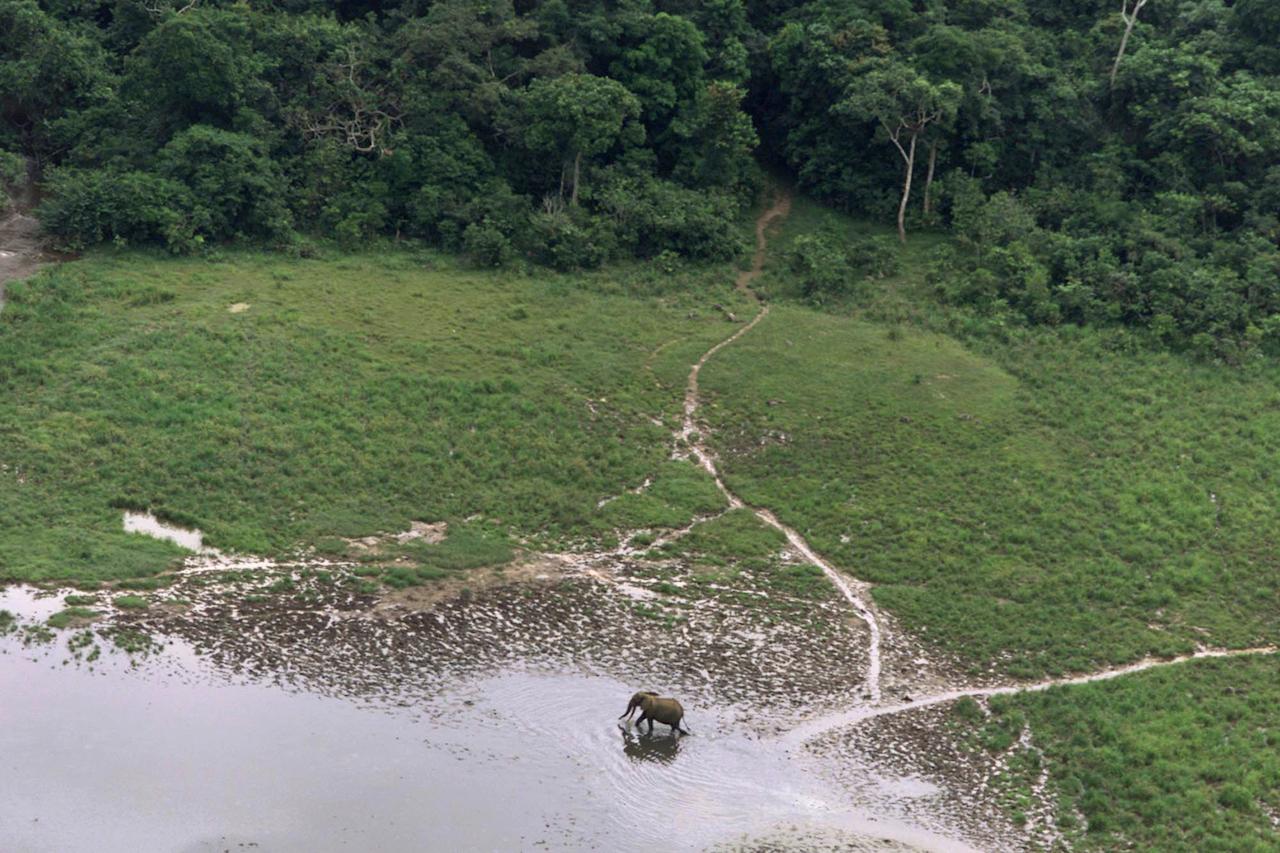Gabon becomes first African country paid to protect its rainforest
Rainforests are vital to reducing world carbon emissions and many wealthy countries are willing to pay up to get off the hook.
Just In
Gabon has become the first African country to receive payment for reducing global carbon emissions by protecting its valuable rainforest.
The UN-backed Central African Forest Initiative (Cafi) has handed over US$17 million, which forms the first payment of a US$150 million deal struck in 2019.
Cafi is a partnership between willing donors, six Central African partner countries and Brazil, to “recognise and preserve the value of the forests in the region to mitigate climate change, reduce poverty, and contribute to sustainable development”.
Rainforests are vital for absorbing the globe’s climate-heating emissions and nearly 90% of Gabon is covered by forest, which captures far more carbon than the country emits.
Gabon has been able to demonstrate that it managed to reduce deforestation in 2016 and 2017 compared to the previous decade, Cafi says, and so help reduce world carbon levels.
As a result, Norway, through Cafi, has paid Gabon US$17 million based on a formula relating to the number of tonnes of carbon that would otherwise have ended up in the atmosphere. The rest of the US$150 million should be handed over in the coming years.
The initial payment represents just 0.1% of Gabon’s annual GDP, but Forest Minister Lee White told the BBC that it was a significant first step.
He said that Norway has validated Gabon’s systems for monitoring deforestation and carbon emissions, which could be used to help high carbon-emitting countries pay Gabon for managing its natural resources in the future.
Gabon has launched a number of conservation schemes in recent years, including the creation of 13 national parks and a project to combat illegal logging.
Nevertheless, the country wants to earn more money from timber and says it will continue to harvest trees and increase the value of the sector by processing more of the raw material at home.
The charity Rainforest Foundation UK, which works on rainforest protection and community land rights, told the BBC that while money to protect forests is important, this payment “risks being a public relations exercise”.
It points to data from the monitoring group Global Forest Watch which shows that 2017 saw one of the highest rates of forest loss in Gabon since 2001.
However, the Gabonese government says that its monitoring shows that the country can maintain its carbon stocks through sustainable forestry.
For many years, richer countries have sought to end deforestation in Africa and elsewhere by paying poorer nations to protect their trees.
This approach has generally failed to stop the tide of tree-cutting so these new results from Gabon are regarded as encouraging.
Gabon’s old-growth trees are critical for the world as they hold more carbon than similar forests in the Amazon. They are also home to around 60% of Africa’s surviving forest elephants.
Gabon’s forest minister now wants to push forward with a bolder plan to sell carbon credits to allow rich countries to reduce emissions from tough sectors like transport and home heating.
Many see this as a controversial idea, allowing the rich to buy their way out of difficult choices.
Subscribe to our newsletter
To be updated with all the latest news and analyses daily.
